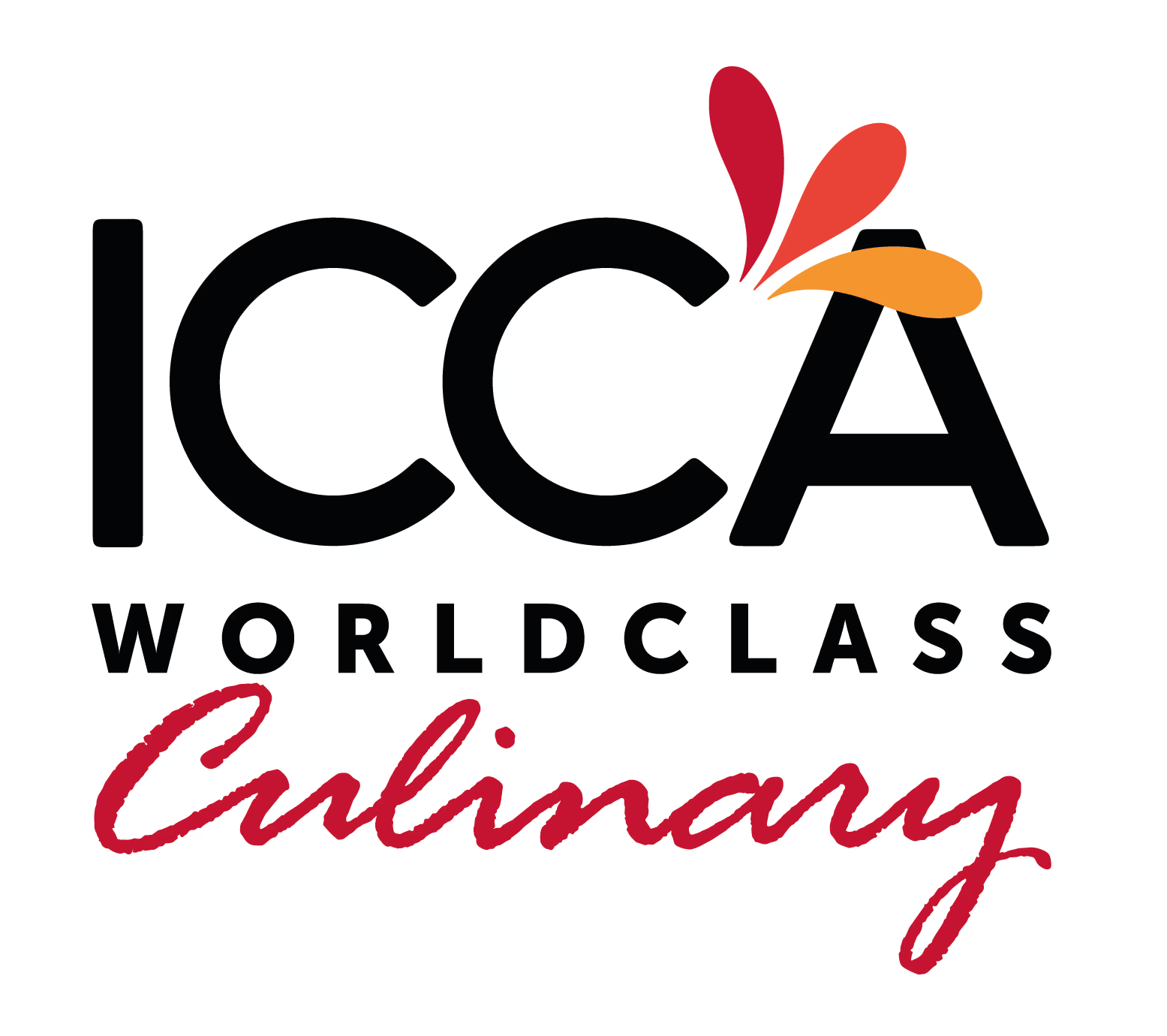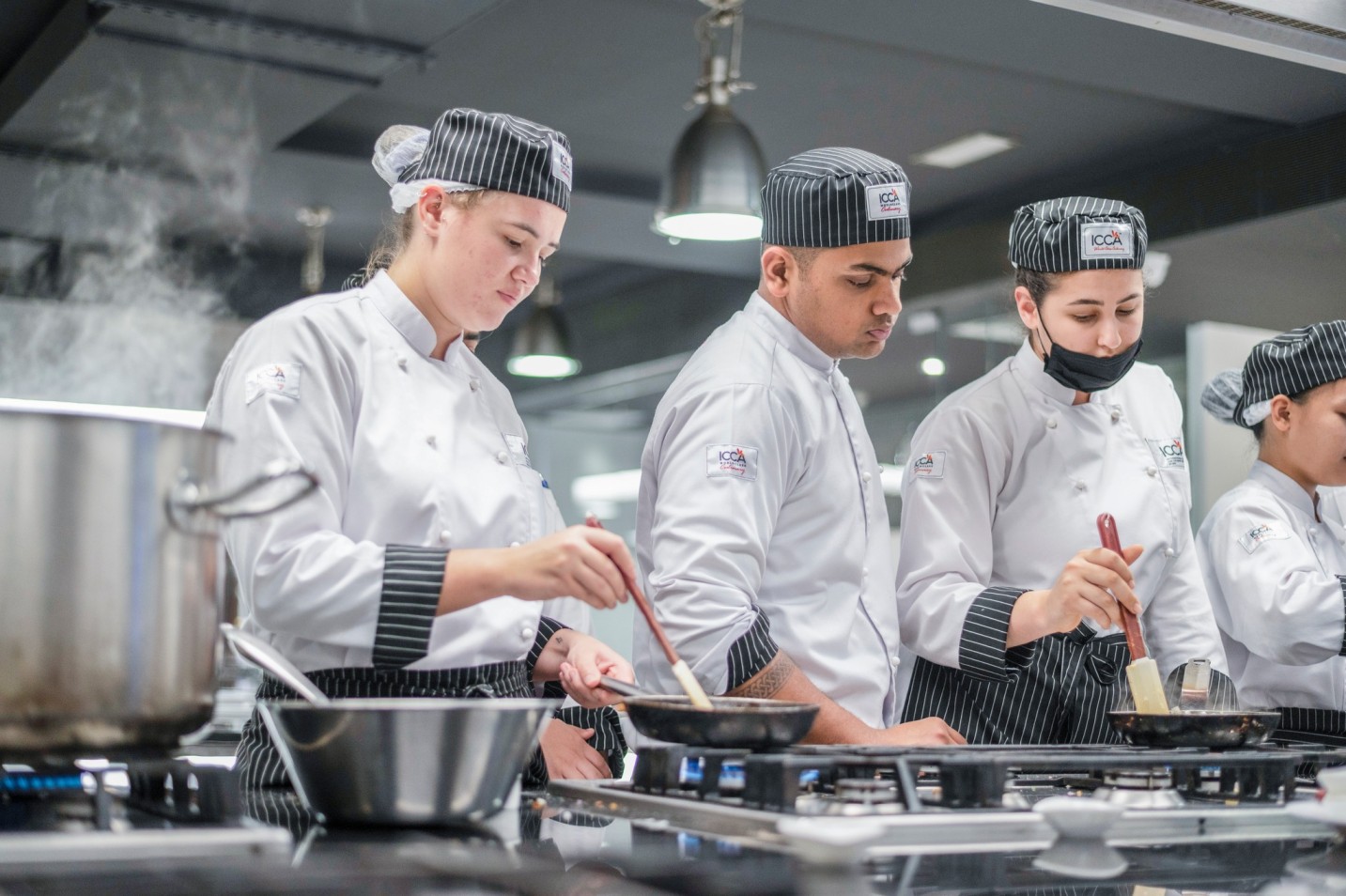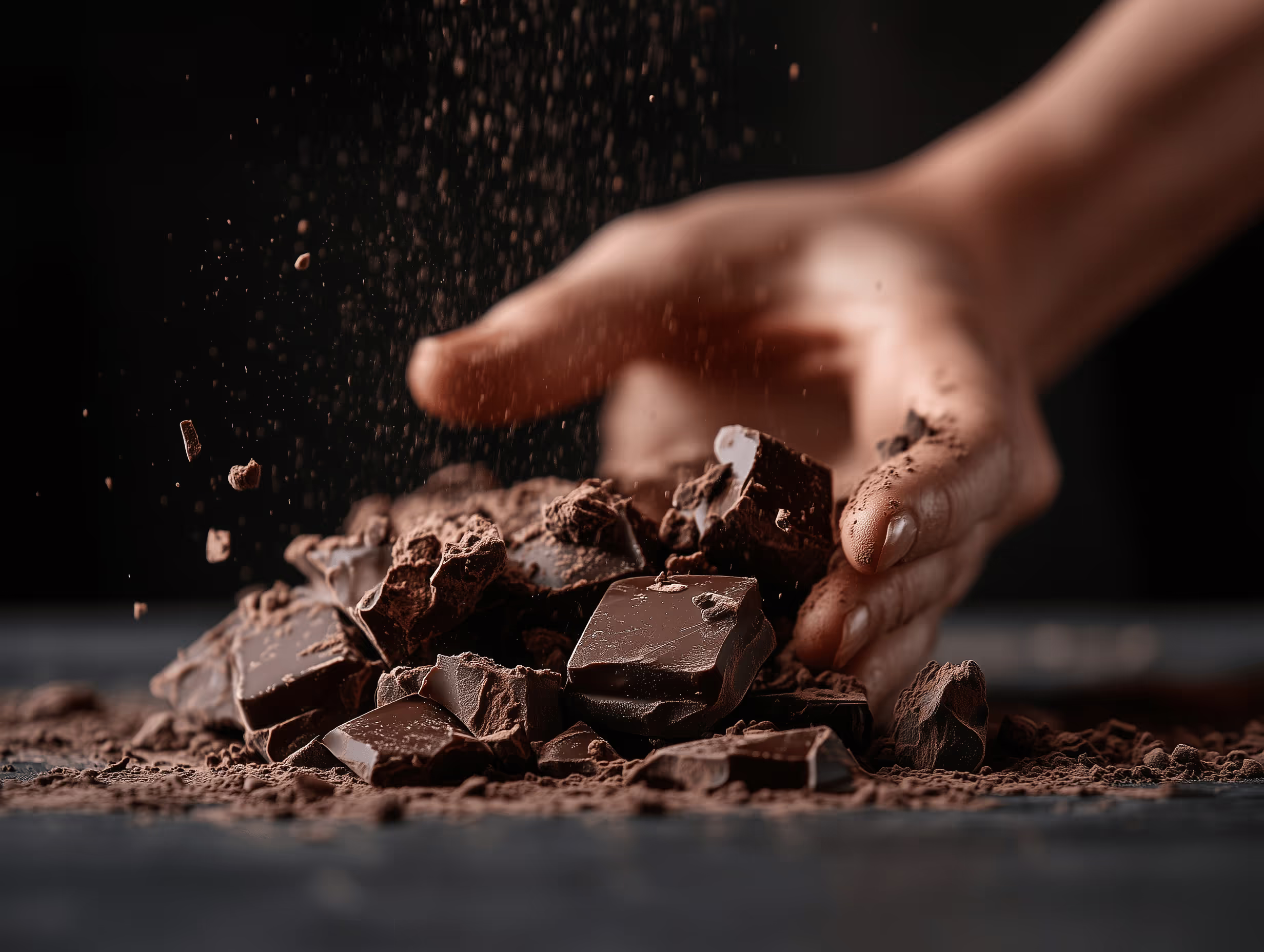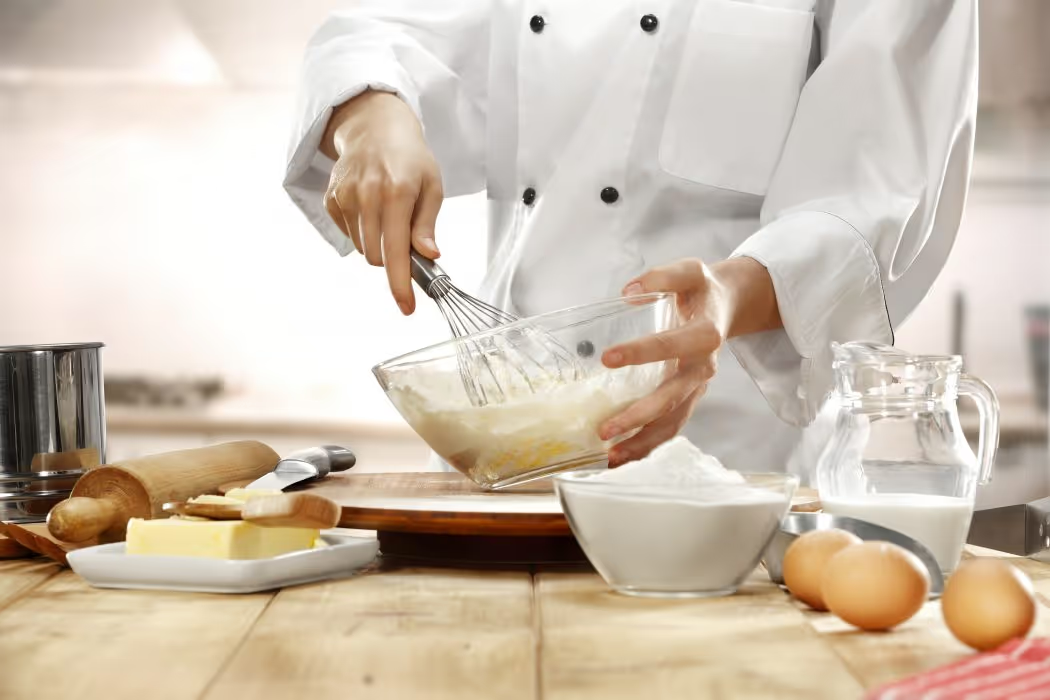First and foremost, you are going to want to know precisely what artisanal cooking is. While there is no official definition, “artisanal” refers to something handcrafted. At its core, artisanal cooking requires a deep understanding of the craft of making food, as well as a sincere love for the products you are making and the people who will consume them.
The term “artisanal” is everywhere these days, with large corporations sticking it onto a variety of products. Unfortunately, just calling something artisanal does not transform it into a truly artisanal product as it is not merely a label — it is a whole approach to food.
Whether you are considering taking cooking classes in Dubai or you simply want to understand what a chef is referring to next time you browse a menu, keep reading to learn more about artisanal cooking.
1. What is artisanal cooking?
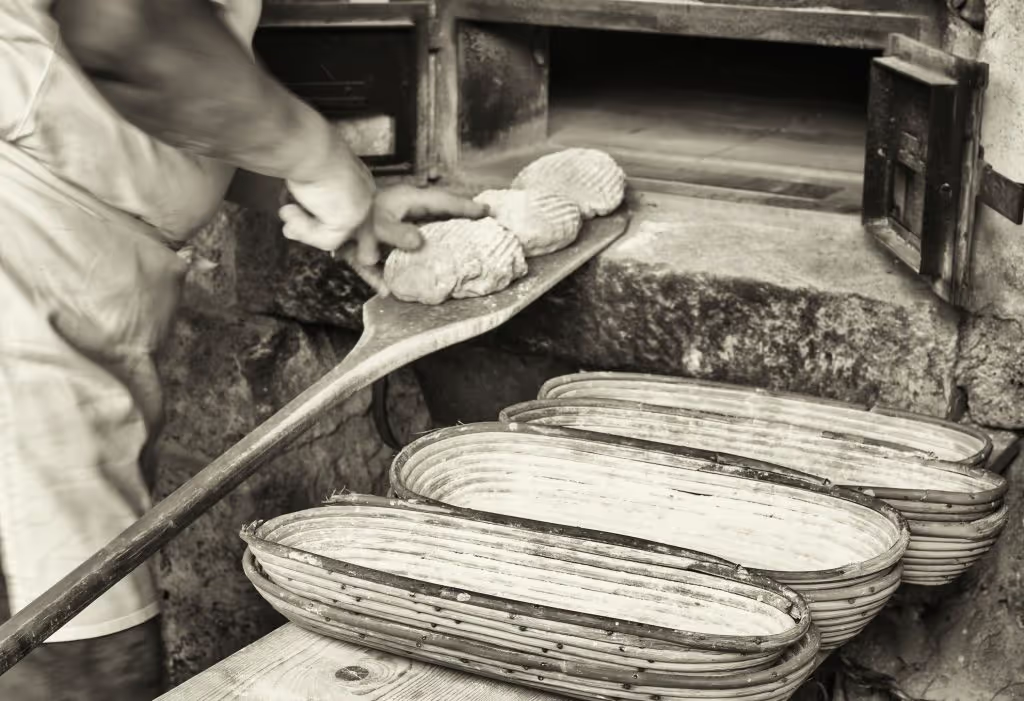
First and foremost, you are going to want to know precisely what artisanal cooking is. While there is no official definition, “artisanal” refers to something handcrafted. At its core, artisanal cooking requires a deep understanding of the craft of making food, as well as a sincere love for the products you are making and the people who will consume them.
Throughout history, the term “artisan” has been given to people who produce something valuable for their community and are dedicated to continually improving their craft. The authentic meaning of artisan alludes to a time when individuals took pride in their work, and most of the food consumed was not overly processed and mass-produced by big corporations.
Artisanal cooking combines this knowledge and passion with locally sourced, organic ingredients from producers who also care about what they are producing. This short supply line maximises the profit for farmers, is better for the environment, and ensures that chefs and diners have the freshest produce possible. Many consumers around the world are willing to pay more for food and meals that are handcrafted with high-quality ingredients.
2. What types of foods are artisanal?
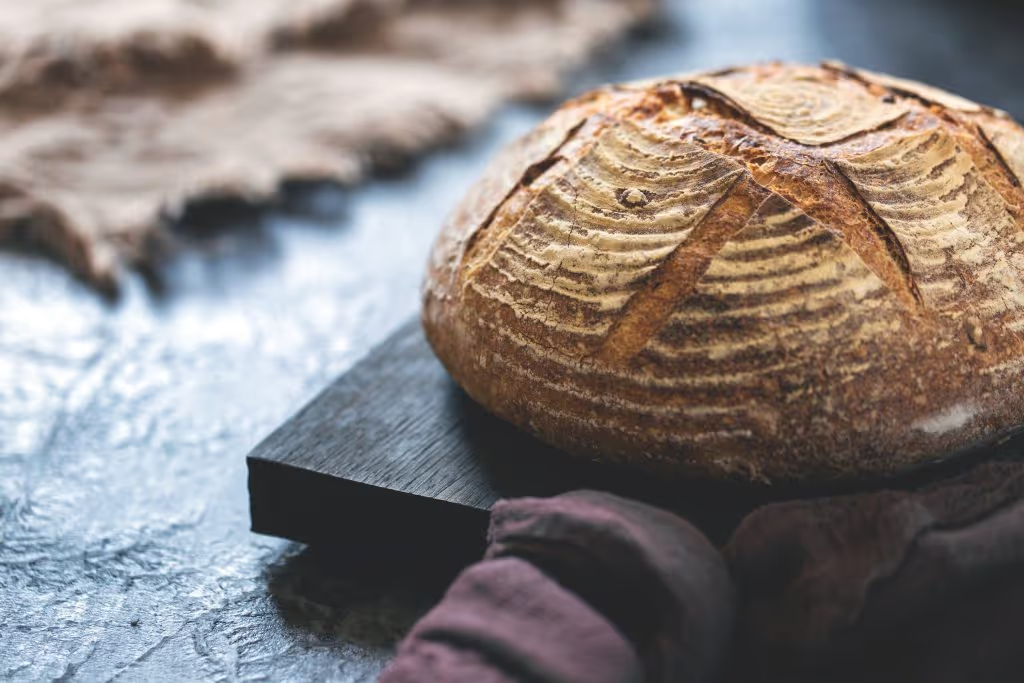
In modern times, artisanal has become a synonym for small businesses and creators attempting to maintain the traditions of previous generations. Today, consumers are looking for a connection to the food they eat because they want to feel that what they are eating is made by real people and not machines. If a food is considered artisanal, it means that there has been a real human being actively involved in creating it. In other words, foods and beverages that are mass-produced cannot be genuinely artisanal.
Generally, any food that is considered artisanal must be made in a small bach by a craftsperson. For example, items such as cheeses, cured meats, chocolates, bread, and jams can often fall into this category. Additionally, fresh baked goods, juices, olive oils, and goat milk can be considered artisanal in countries such as the UAE. What differentiates artisanal products from mass-produced ones is that flavours and processes are gradually developing naturally.
If you want to know whether or not a food product is artisanal, ask yourself whether or not a real person made it with care and whether or not it was made by hand in small batches using speciality ingredients. Additionally, consider whether the product reflects expertise, tradition, and passion. If you can answer yes to all of these things, then you have an artisanal food product.
3. How is an artisanal cooking process different?
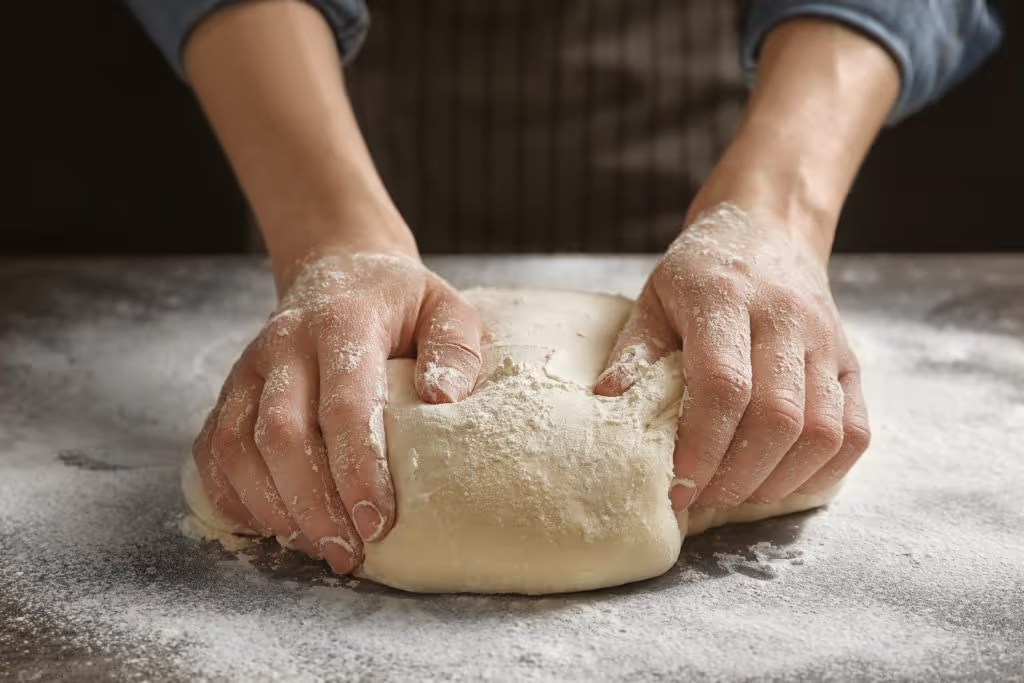
The process of artisanal cooking is significantly different from the industrial process of making food. In fact, the process is one of the determining elements of artisanal products. As an artisanal chef or food producer, your production process has minimal automation, limited labour division, and a small number of highly skilled craftspeople rather than the large, less-trained workforce of industrial food producers and chefs.
For example, to cook an artisanal pasta dish, the chef will first make the pasta from scratch. This includes mixing the dough, creating the shape, cutting it, and leaving the pasta to dry. Once this has been done, the pasta can then be cooked and eaten. Of course, this process is time-consuming and requires the appropriate ingredients and tools. However, it is generally agreed that hand-made pasta has a superior flavour and consistency to boxed pasta, and better complements the pasta sauce.
4. How can I learn more about artisanal cooking?
One of the best ways to learn more about artisanal cooking is to take a trained chef's cooking class. For example, the International Centre for Culinary Arts offers students world-class culinary learning experience. In addition to the Professional Diploma Program and the Amateur Certificate Program, ICCA also offers specialised artisanal courses that enhance your understanding of artisanal cooking art, craft, and science.
Learn from the best
Whether you are a professional chef or a budding entrepreneur, or you simply have a personal interest, you can benefit from one of ICCA's artisanal hands-on courses. From an artisan bread making course in Dubai to a professional chocolatier programme, from artisan gelato classes to barista training, there is certainly a course for you.
To enhance your skills and deepen your artisanal cooking knowledge, reach out to ICCA today to learn more about the artisanal cooking courses on offer. If you are ready to be a master of your craft, don't waste one more day.

